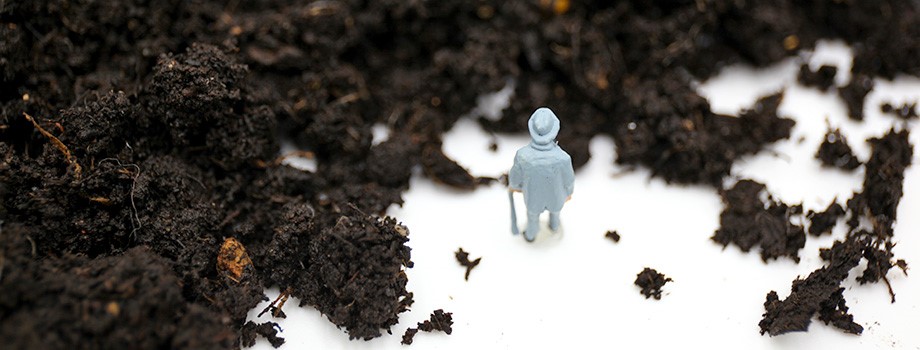What is soil erosion?
Soil erosion is one of the ten major soil threats identified in the 2015 Status of the World’s Soil Resources report. It is defined as the accelerated removal of topsoil from the land surface through water, wind and tillage.
Soil erosion occurs naturally under all climatic conditions and on all continents, but it is significantly increased and accelerated by unsustainable human activities (up to 1 000 times) through intensive agriculture, deforestation, overgrazing and improper land use changes.
Soil erosion rates are much higher than soil formation rates. Soil is a finite resource, meaning its loss and degradation is not recoverable within a human lifespan.
Consequences of soil erosion
Soil erosion affects soil health and productivity by removing the highly fertile topsoil and exposing the remaining soil.
Soil erosion decreases agricultural productivity, degrades ecosystem functions, amplifies hydrogeological risk such as landslides or floods, causes significant losses in biodiversity, damage to urban infrastructure and, in severe cases, leads to displacement of human populations.
Soil erosion can affect the infiltration, storage and drainage of water in the soil, resulting in waterlogging and water scarcity. In agriculture, we estimate that soil erosion can lead up to 50 percent loss in crop yields.
Although soil erosion has a direct impact on farmers, it also has effects outside of agriculture. It has implications for our environment and health including on water quality, the energy sector, urban infrastructure, and our landscapes. For example, sediments associated with soil particles displaced by wind and water can lead to off-site soil and water pollution. Soil erosion affects us all.
Soil erosion and land degradation pose a major threat to global food security and to the achievement of the Sustainable Development Goals (SDGs) –compromising the well-being of at least 3.2 billion people around the world.
Because 95 percent of the food we eat comes from the soil, soil erosion mitigation through the application of Sustainable Soil Management (SSM) is critical for protecting our soil while ensuring a sustainable and food secure world.

